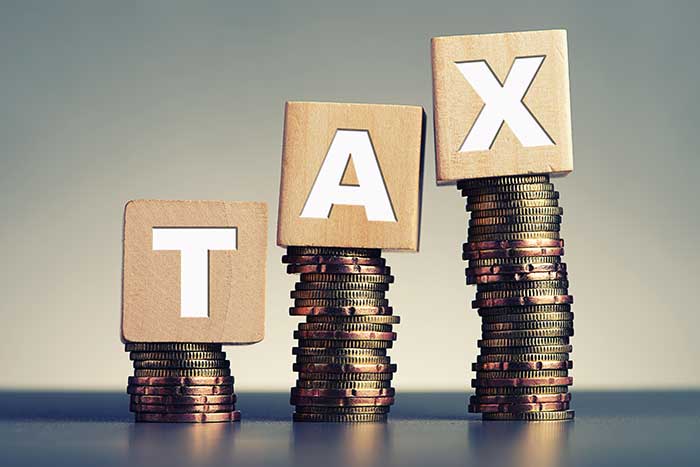Under new rules that came into force on 1 January, all 27 countries in the bloc will have to compile and exchange biannual reports on the special tax deals they offer to multinational companies.
The measures are intended to ensure greater cooperation between member states on tax avoidance, and prevent companies operating across borders from taking advantage of mismatches and a lack of communication between different jurisdictions.
Tax deals offered by member states to certain companies were previously kept secret. This meant companies were able to shift profits to jurisdictions with favourable tax rulings and pay too little or virtually no tax in the EU, and could encourage harmful tax competition between member states.
Pierre Moscovici, European commissioner for economic and financial affairs, taxation and customs, said the move marked a “major step forward”.
“It equips member states and their national tax administrations with the information they need to detect certain abusive tax practices and take the necessary action in response,” he continued.
“We have a duty to make corporate taxation fairer and more transparent, and to use every means possible to block tax abuse and profit shifting.”
The European Commission has been working to crack down on tax avoidance and evasion after a series of high profile scandals, including many related to tax rulings.
Starbucks and Fiat Finance, for example, were ordered to repay millions of euros after agreements between the firms and Luxembourg and the Netherlands, dubbed ‘sweetheart deals’, were found to constitute unlawful state aid.
A host of other revelations – the most recent being the Panama Papers – have also roused public anger over tax avoidance worldwide.
However, embarrassing diplomatic cables leaked on Sunday revealed that the commission’s current president, Jean-Claude Juncker, spent years trying to block EU efforts to curb corporate tax avoidance during his time as prime minister of Luxembourg.
Juncker spent decades transforming Luxembourg into an international financial centre, attracting some of the world’s biggest multinationals including Amazon, McDonald’s and Skype before stepping down in 2013.
A year later, the Luxleaks scandal revealed the country’s business model: using secret tax rulings to approve complex corporate structures for the world’s biggest multinationals, under which they shifted profits to Luxembourg in order to secure miniscule tax rates.
Since then, Juncker has offered steadfast support for EU efforts to curb tax avoidance, but these latest revelations look set to damage his reputation on tax matters further.














